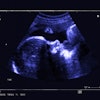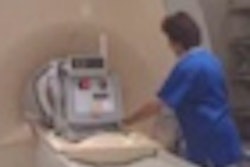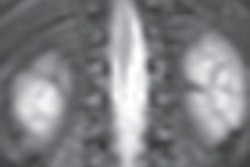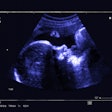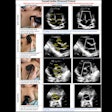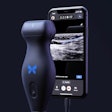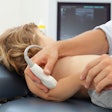Dear Pediatric Imaging Insider,
Tomorrow, September 21, is the deadline for submitting proposals to the U.S. Centers for Medicare and Medicaid Services to participate in a $10 million evaluation of decision-support software for the more appropriate utilization of diagnostic imaging technology. Why should this be mentioned to a community of readers interested in pediatric radiology?
Because the outcome of this program may be the push that's needed to move decision-support software with computerized physician order-entry systems into the mainstream of clinical usage. And that would benefit children, both from a standpoint of being exposed to diagnostic medical radiation only when necessary, and in reducing, albeit ever so slightly, the burden of economic debt from escalating healthcare costs in countries throughout the world.
This newsletter's Insider Exclusive, which you're reading first as an Insider subscriber, focuses on the use of validated rules that can help physicians determine if radiographs should be ordered. Even simple x-ray exams add up in terms of radiation dose exposure and cost. The emergency physicians waging this campaign over the past decade believe that decision-support software not only would remind their peers when an x-ray order is unnecessary, it also would help identify those who routinely ignore these rules. Click here to read about their efforts, and also click here to read about a study that determined that abdominal x-ray exams contribute little to diagnosing and treating constipated children.
In other Pediatric Imaging Digital Community news, a recent study that has attracted much interest among clinicians, other healthcare professionals, and parents alike comes out of the U.K., where researchers at King's College London believe that a brain scan may be an accurate test to predict autism. If you missed this, you'll want to read about it by clicking here.
Speaking of infant brains, many more neonates and seriously ill children could benefit from an MRI scan if they had access to an MRI-compatible incubator. It's a pricey accessory for your MRI suite, but the hospital profiled in this article has found it to be of great value.
Do you agree? Disagree? Drop us a line, or post an opinion in AuntMinnie.com's General Radiology Forum by clicking here.

